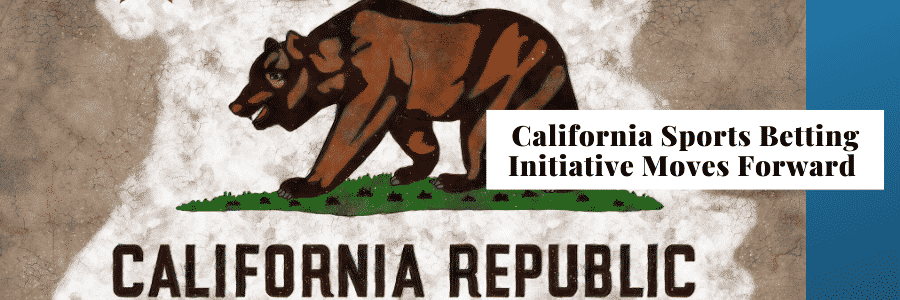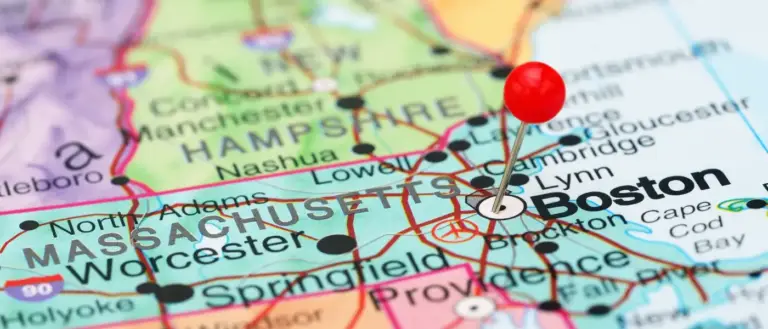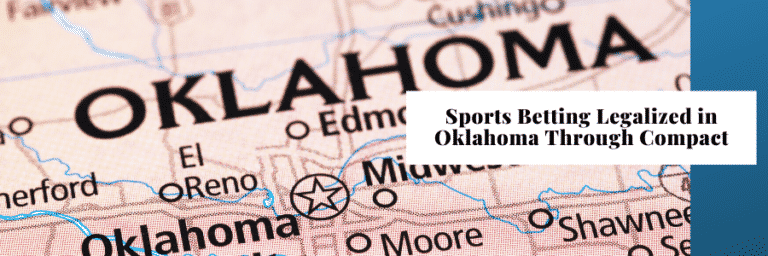California Tribal Sports Betting Initiative Moves One Step Closer

With the backing of the state’s race tracks, California tribal casino operators have put forth a ballot referendum that would change the state’s constitution to allow both entities to offer retail sports betting in California tribal casinos.
California Attorney General Xavier Becerra released the official title and summary of the initiative on Tuesday. That sets the stage for the next step in the process, the collection of nearly one-million signatures for the constitutional amendment to appear on the November ballot.
One-million signatures may seem like a lot, but in a state of nearly 40 million people, a constitutional amendment in California has a fairly easy path to the ballot, needing just 8% of the total votes cast in the previous governor’s race.
Here’s a look at the language of the initiative:
AUTHORIZES NEW TYPES OF GAMBLING. INITIATIVE CONSTITUTIONAL AND STATUTORY AMENDMENT. Allows federally recognized Native American tribes to operate roulette, dice games, and sports wagering on tribal lands, subject to compacts negotiated by the Governor and ratified by the Legislature. Beginning in 2022, allows on-site sports wagering at only privately operated horse-racing tracks in four specified counties for persons 21 years or older. Imposes 10% tax on sports-wagering profits at horse-racing tracks; directs portion of revenues to enforcement and problem-gambling programs. Prohibits marketing of sports wagering to persons under 21. Authorizes private lawsuits to enforce other gambling laws.
Opposition from a Longstanding Foe
Aside from the usual anti-gambling consortium, what is standing on the other side? California’s cardrooms, a group left out of the sports betting equation under the tribal-racing proposal.
That sets the stage for quite a political fight in the Golden State. Cardrooms are already voicing their opposition to the measure, and they’ll have two chances to derail the process:
- During the signature-gathering phase
- When the initiative is brought to the voters
Even with a low barrier to get on the ballot, and a net positive public sentiment for sports betting, the fight will be messy, as there’s no shortage of bad blood between California cardrooms and tribal casinos.
The two sides have been fighting over online poker for a decade, and the even thornier issue of cardrooms offering traditional house-banked card games with a rotating player-dealer position (and third-party prop players) instead of the house banking the games. That fight has been a lot more contentious and raging even longer than the online poker battles (you can read up on that here).
As was the case with the previous fights, the impending battle over sports betting will see the two sides take each other to task on a variety of topics.
Cardrooms will point to their economic impact in their communities, and the scant revenue the state would receive from the tribal proposal.
Tribes will counter with their exclusivity agreements and point to the numerous problems cardrooms have run into over the years, from lack of funds and money laundering to allegations of impropriety and housing illegal gambling rings.
Is the proposal a Ploy to Spur Lawmakers to Act?
During the recently concluded NCLGS Winter Conference in San Diego, California tribal gaming experts were asked about the ballot initiative, and Dr. Katherine Spilde’s response implied that the tribal proposal was a warning shot to the legislature.
The California legislature introduced its sports betting constitutional amendment in 2019 (ACA 16), but scheduled hearings on the matter were canceled, causing the process to drag into the new year. However, a hearing was finally held on January 9. Reading between the lines of Dr. Spilde’s remarks, the constitutional amendment proposed by the tribes might be the reason that hearing took place. Meaning, lawmakers are likely concerned that the tribal proposal will pass, and that proposal is likely to be more favorable to sports betting operators than the state.






